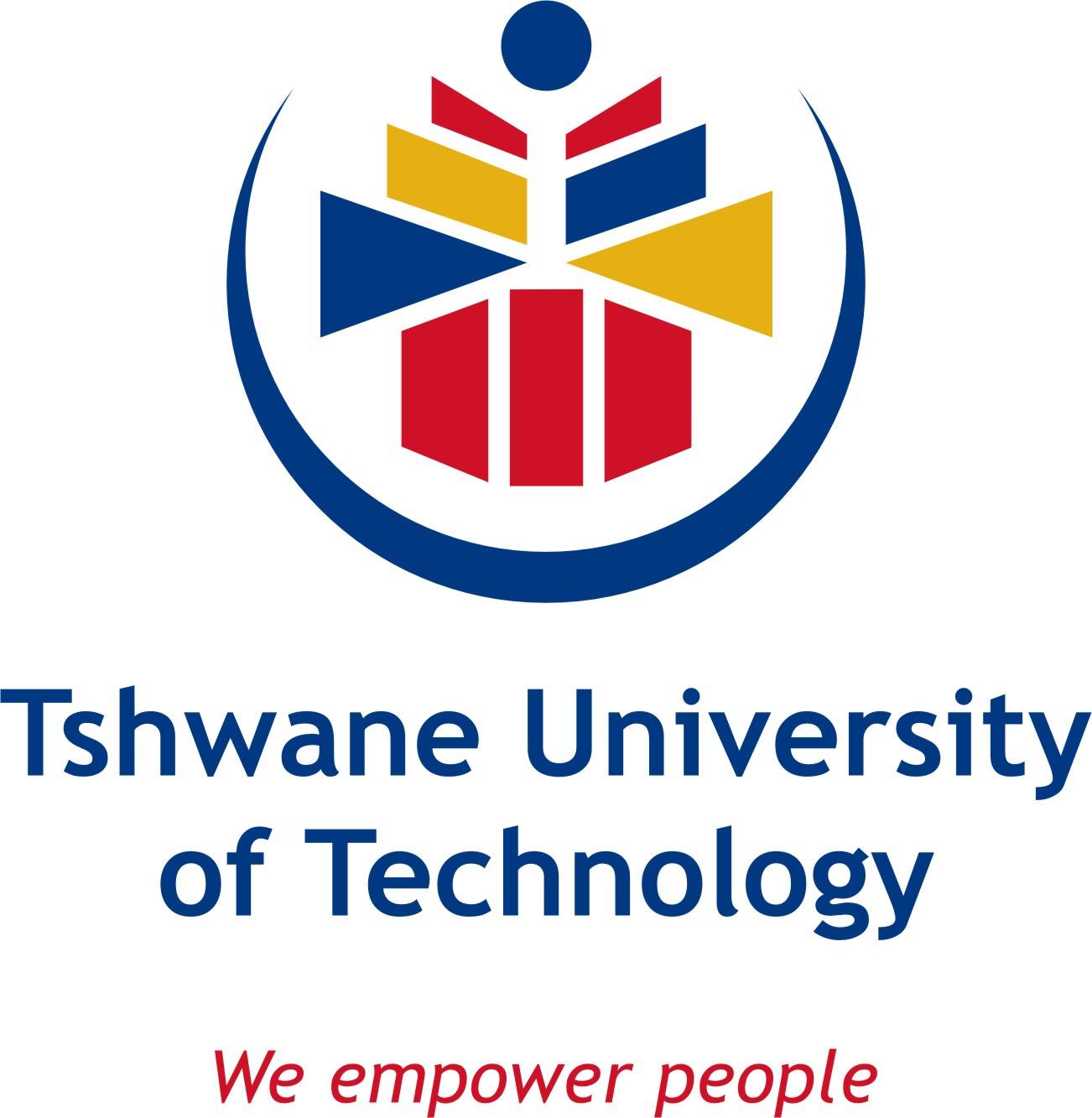This module presents simple and multiple regression models and estimation techniques, the normality assumption in econometric modelling, multicollinearity, heteroscedasticity and autocorrelation, model specification, diagnostic testing and data management.

This module presents simple and multiple regression models and estimation techniques, the normality assumption in econometric modelling, multicollinearity, heteroscedasticity and autocorrelation, model specification, diagnostic testing and data management, introductory econometric modelling techniques such as ordinary least squares, the use of dummy variable regression models as well as regression models that use qualitative responses.
Furthermore, the module introduces students to the use of Econometrics software packages and emphasises practical laboratory sessions over and above normal lectures and tutorials.
The module covers the matrix algebraic approach to regression analysis, the normality assumption in econometric modelling, the two variable regression model and its estimation, multiple regression analysis, estimation and inference, multicollinearity, heteroscedasticity and autocorrelation, time series econometrics and forecasting as well as the intermediate econometric modelling techniques such as dynamic econometric models like the Autoregressive and Distributed-Lag Models (ARDL), nonlinear regression models, cointegration analysis as well as panel data regression models.
TUT is truly an institution in service of the Southern African community. One of its key focuses is, therefore, the economic and social development of the Southern African region. In its quest to promote knowledge and technology, it provides the market with a career-focused workforce. It also aims at making a significant contribution to creating sustainable economic growth that will impact on the standard of living of all of the region's people.
The education offered at TUT, with its entrepreneurial focus, opens up unlimited opportunities for students to become job creators and entrepreneurs. This is established by creating prosperity through the stimulation of innovation and creative thinking. This is facilitated by various incubators and technology stations.
© 2025 coursetakers.com All Rights Reserved. Terms and Conditions of use | Privacy Policy